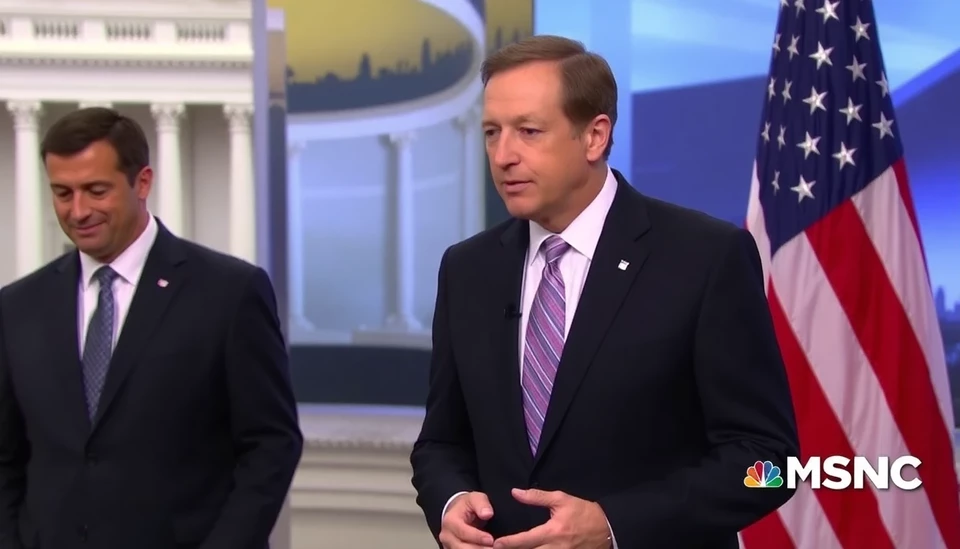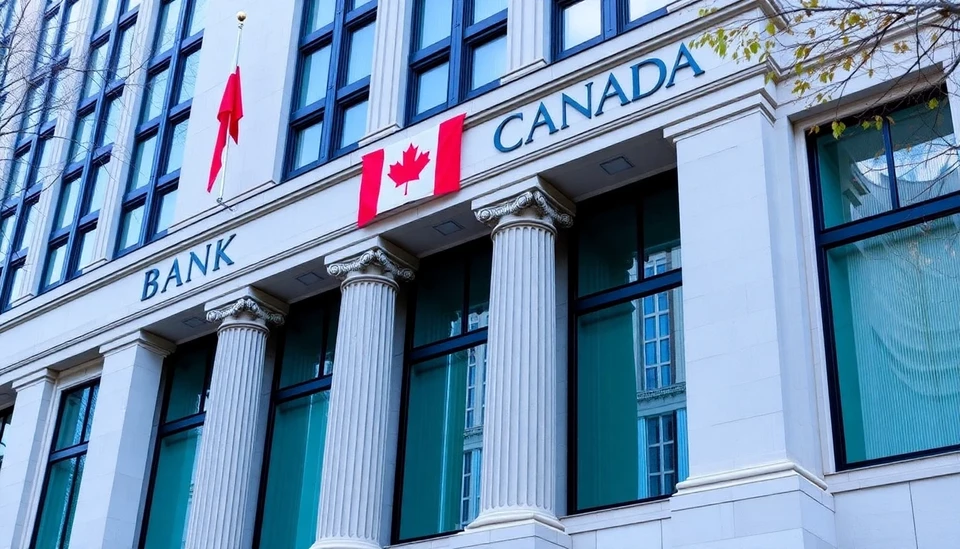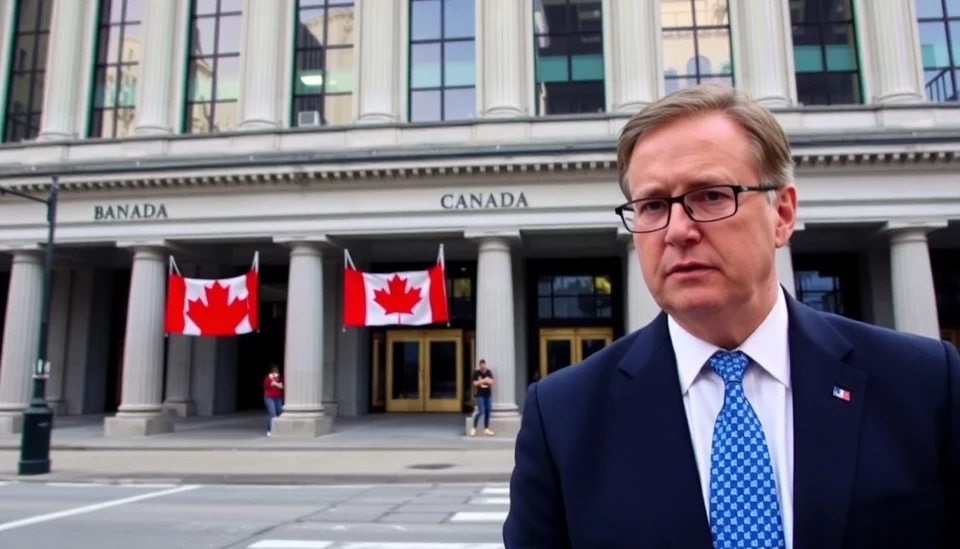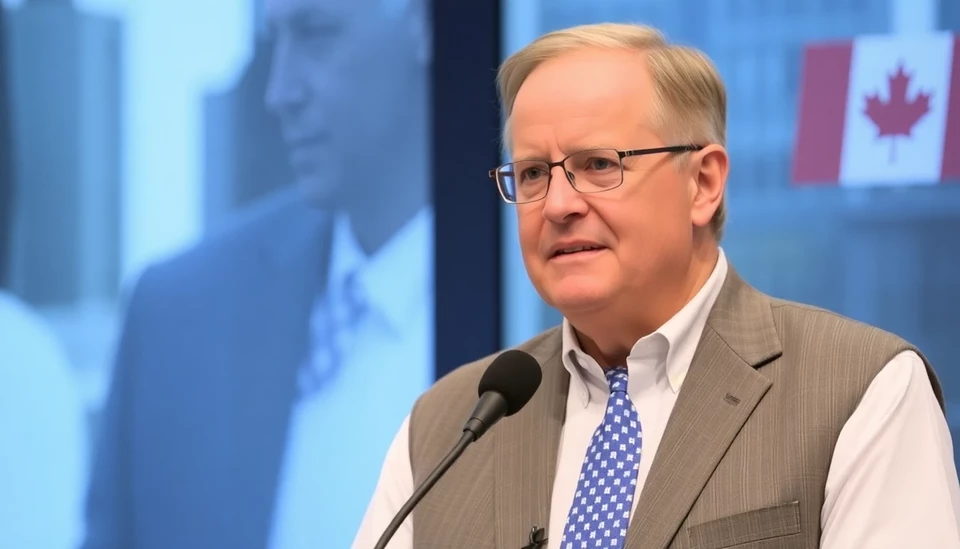
The landscape of Canada’s economy continues to evolve, and recent insights from Bank of Canada Governor Tiff Macklem are shedding light on how immigration reform is unlikely to significantly impact inflation rates. In a recent address, Macklem emphasized the relationship between immigration and economic stability, focusing specifically on the potential effects of proposed immigration policy changes. His remarks have sparked discussion among economists and policymakers on the implications for the broader economy.
Macklem pointed out that while immigration contributes to the economy, the direct correlation between an influx of newcomers and escalating inflation is not as strong as some may believe. He stated, “We expect that the net effect of immigration on inflation will be limited.” This assertion is grounded in ongoing economic analyses which suggest that the increase in labor supply resulting from immigration could lead to a more balanced economic dynamic, countering potential inflationary pressures.
A major consideration in this conversation is the labor market. Canada’s economy is currently facing labor shortages in various sectors, and immigrants can play a critical role in filling these gaps. Macklem noted that a more robust labor market, bolstered by skilled immigrants, may actually help to stabilize prices by increasing production capabilities across industries. The implication here is clear: stronger productivity driven by a diverse workforce could mitigate inflationary risks, contrary to fears that more residents might drive up demand and costs.
Moreover, Macklem's insights came at a crucial time when discussions around immigration policies are at the forefront in Canada. The government is evaluating reforms highly aimed at attracting skilled workers who can integrate into the Canadian workforce efficiently. By fostering an environment that welcomes immigration, the hope is to stimulate economic growth without exacerbating inflation, which has been a concern in multiple sectors of the economy.
In his address, Macklem did not shy away from acknowledging the complexities surrounding current inflationary trends, which have been influenced by a myriad of global factors. However, he reassured stakeholders that immigration reform is just one piece of the complex puzzle and should not be viewed as a significant driver of inflation in the overall economy.
As Canada navigates these changes, Macklem's perspective serves as a reminder of the nuanced relationship between immigration and economic performance. The introduction of a strategic immigration framework could help ensure that the country's growth remains sustainable while also addressing labor shortages effectively. The challenge lies in implementation, as various sectors must adapt to harness the benefits of an increased workforce without succumbing to inflationary pressures.
With policymakers and economists closely monitoring the situation, the coming months will be crucial to evaluate how immigration reform unfolds and its actual impact on the Canadian economy. In the backdrop of potential economic shifts, Macklem's insights will undoubtedly contribute to ongoing debates and strategies aimed at achieving balanced growth with controlled inflationary impacts.
#Macklem #Inflation #CanadaEconomy #ImmigrationReform #EconomicGrowth
Author: Daniel Foster




